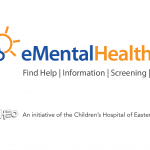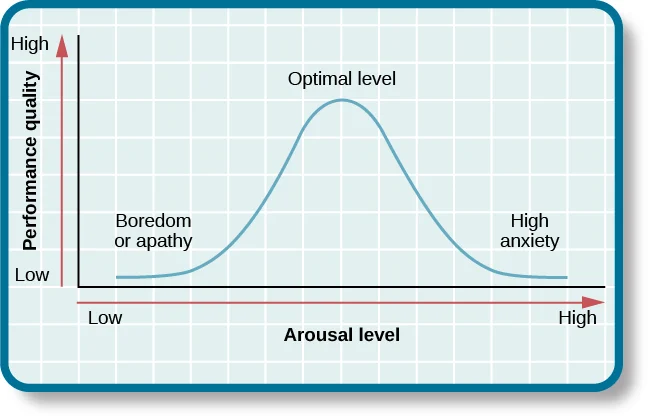Healing Moral Injury in KW and Toronto: Evidence-Based Trauma Therapy for Professionals
Are you a professional struggling with guilt, shame, or a sense of disconnection after facing hard choices at work? You may be dealing with moral injury. This type of internalized distress is a betrayal of your inner values, which will negatively affect your sense of purpose and connection to your work. This can lead to deep burnout, depression, anxiety and an inability to keep going in your career without intervention. The good news is, specialized, evidence-based psychotherapy can help. This is the work I do with healthcare professionals in Kitchener-Waterloo or Toronto
What Is Moral Injury?

Moral injury arises when you experience, witness, or participate in situations that violate your core values or moral beliefs. This happens when you have authority in an incredibly difficult situation.
You may remember your own experiences like this during the pandemic when resources were thin and ethical decision-making was painful and high-stakes. Do you remember choosing who would get the ICU bed? And sneaking in the visitor against hospital policies to say their final goodbyes to their spouse? I do.
The result is often PTSD, deep emotional pain, persistent shame, self-doubt, or spiritual distress. Unlike burnout, moral injury stems from a rupture between your actions and your sense of right and wrong, and can occur in any high-responsibility profession. It is a significant risk, because self-expression is essential to a sense of purpose in your work, and without it, you won’t be able to serve well.
Common Examples of Moral Injury Among Professionals
– Medical staff unable to provide ideal care due to systemic limits
– Leaders forced to enforce policies at odds with their ethical beliefs
– First responders handling traumatic decisions in crises
How I Integrate Trauma Therapy for Moral Injury
My practice is informed by my training in trauma care and spiritual health. I provide a safe, empathic space where you can process what happened without judgment. I use proven methods to address the unique aftermath of moral injury, including:
1. Through Trauma-Informed Assessments
One of the core tenets of trauma therapy is teaching self-compassion, a key component of learning to heal from and mitigate the impact of moral distress. In a psychologically safe environment (which is ideally part of your workplace too), open dialogue contributes to the healing and processing of the troubling situation.
I use validated tools like the Moral Injury Outcome Scale (MIOS) and the Moral Injury Distress Scale to assess impact and guide a personalized care plan for clients who have experienced moral injury in the workplace and need trauma therapy. You can fill out these assessments, available to fill out on your own time and review in our sessions, help us pinpoint your needs and track healing.
Moral Injury Distress Scale
Moral Injury Outcome Scale (MIOS)
2. Acceptance and Commitment Therapy (ACT)
ACT teaches you to approach painful thoughts and feelings with openness and compassion—while committing to actions rooted in your most important values. Research shows ACT helps reduce moral injury and builds psychological flexibility, so painful experiences don’t define you and your future.
3. Narrative Therapy
Narrative Therapy guides you to explore, reshape, and reclaim your story. You’ll learn to separate yourself from what happened, rediscover strengths and values, and rewrite your narrative going forward. This approach empowers professionals to regain a sense of control, dignity, and hope.
What Does Recovery Look Like?

Through our work together, many professionals find that over time, therapy helps them to address moral injury in the following ways:
– Rediscover meaning and purpose in work and life.
– Rebuild self-compassion and relieve persistent guilt or shame
– Restore trust in themselves and others
– Strengthen resilience for the future.
Trauma therapists meet you with gentleness, trust, expertise, and respect every step of the way.
Getting Started with Therapy for Moral Injury
If you’re a professional in KW or Toronto wrestling with the aftermath of moral injury and a difficult traumatic workplace experience, reach out for a confidential consultation, or explore the resources below to learn how trauma-focused care can support you. Healing is possible—and it starts with the courage to reach out.
References:
You’re smart, read this 2025 article for more information on the ways Moral Distress impacts healthcare workers and their sense of calling.

















